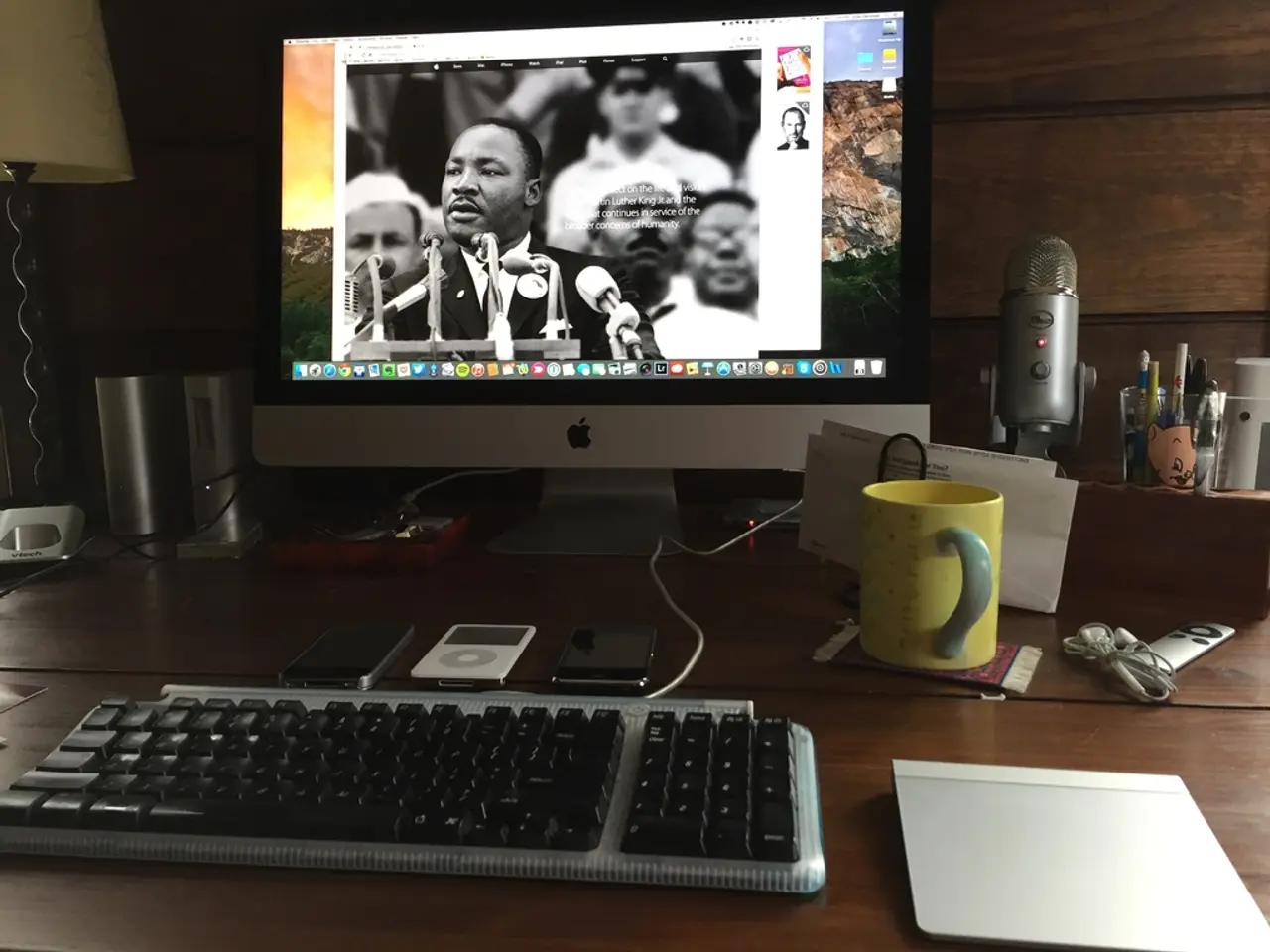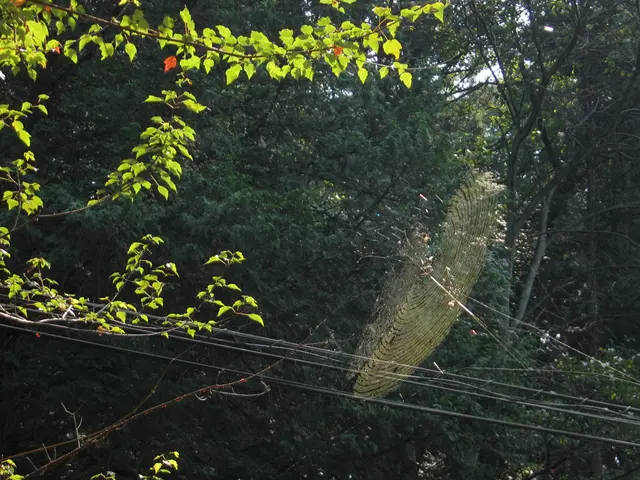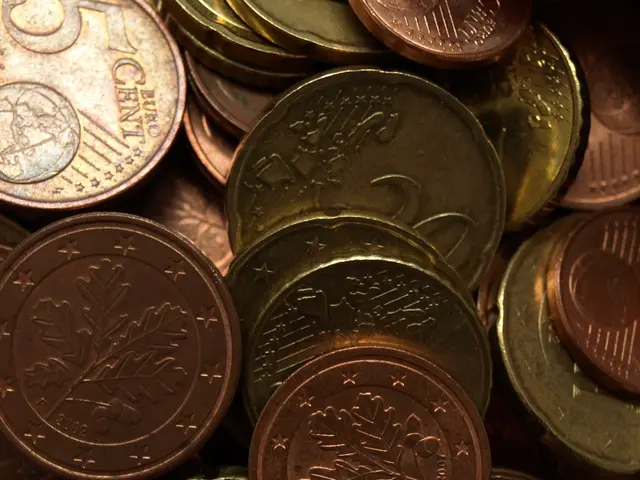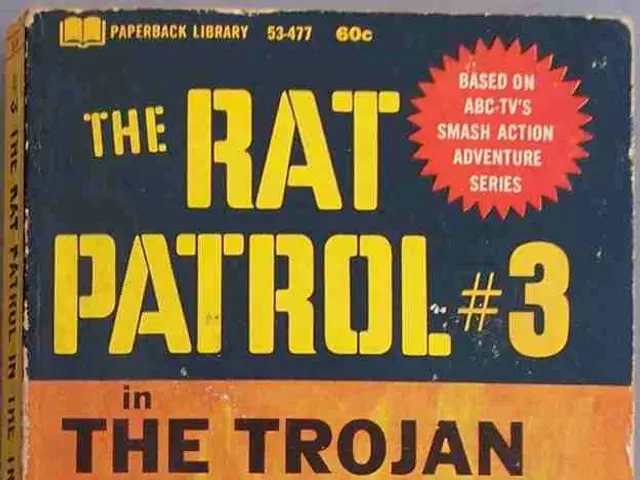OpenAI's Sora App Updates Give Users More Control, Explores Fair Monetization
OpenAI's popular AI video generation tool, Sora, has sparked changes in intellectual property management. After topping App Store charts over the weekend, the realtor app is now offering users more control over their characters' appearances and exploring monetization strategies that benefit rightsholders.
Initially, OpenAI employed an opt-out system for media companies to manage their intellectual property rights within AI-generated videos. However, the company has now introduced new controls, allowing users to manage the context of their 'cameos' in other users' videos.
The Sora app uses the 'sora-2-pro' model, which costs developers $0.30 per second of AI video generation, or $3 for each 10-second clip. OpenAI is also exploring ways to monetize AI video generation, including sharing revenue with rightsholders, reflecting a shift towards more collaborative and equitable practices.
Despite rumors, there is no specific leader at OpenAI named Sora introducing these changes. However, OpenAI AI 2 is related to deepfake tools, which involve context creation in videos. The company continues to evolve its offerings while respecting intellectual property rights.
OpenAI's AI video generation app has seen significant popularity, leading to updates that give users more control over their digital personas. The company is also exploring revenue-sharing models with rightsholders, demonstrating a commitment to fair compensation in the AI-generated content landscape.
Read also:
- AI-Powered X-Nave Platform and Fresh Gaming Content to be Demonstrated by EGT Digital at SBC Summit Lisbon Event
- British technology company Nvidia invests a vast sum of £11 billion in AI technology within the U.K., announcing this during a visit by U.S. President Trump.
- Rapid advancement of AI technology poses potential threat to job stability, according to AI CEO's remarks.
- Spheron and Nubila Team Up to Use Web3 Technology for AI that Combats Climate Change








